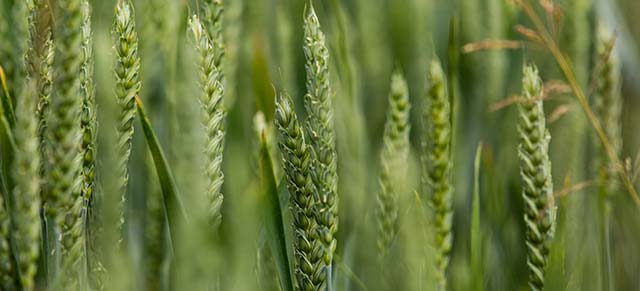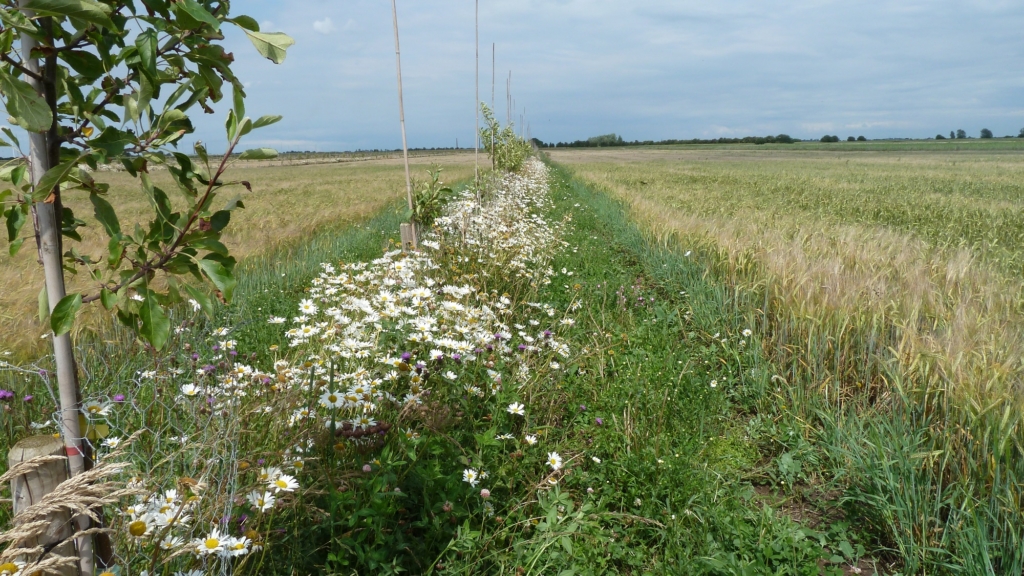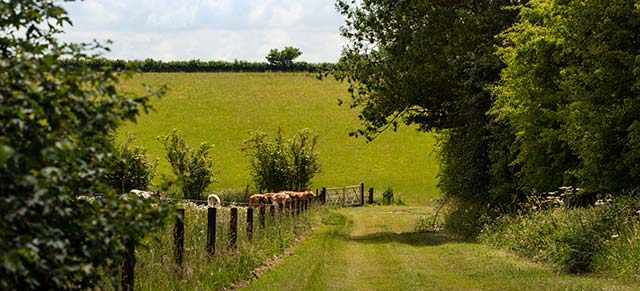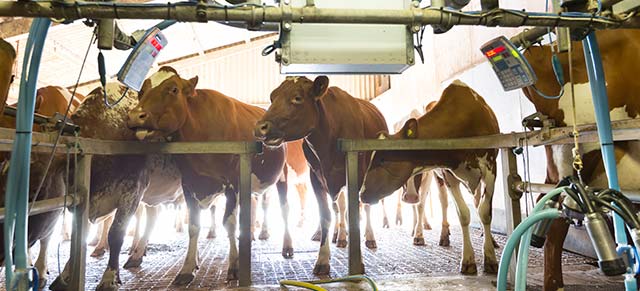Why We Need Your Support?
Modern agricultural practices are a key driver for widespread biodiversity loss and a contributor to climate change.
In the UK there has been a 41% decrease in wildlife abundance and a 54% decline in farmland birds since 1970.
In the last century 97% of the UK’s wildflower meadows and species rich grassland have been lost.
In 2018 10% of the EU’s total greenhouse gas emissions were linked to agriculture.
With 70% of our countryside being farmland, the way in which it is managed has never been more critical.
What the surveys say?
However, Defra’s Farm Practices Survey in 2021 found that 33% of farmers do not consider greenhouse gases to be an issue relevant to them, and only 56% of farmers are currently taking action to reduce their climate impact.
A more encouraging survey conducted by Agronomist and Arable Farmer found that 75% of the UK’s 92,100 farmers recognise the importance of agroecological farming methods for the future of British agriculture. This means approximately 63K conventional farmers are receptive to converting to nature-friendly farming techniques (approximately 5,700 of the UK’s farmers are already farming organically).
However, farmers need information to make appropriate decisions. Conventional farmers are typically advised by agronomists who in essence act as commercial representatives from agrichemical companies and their vested interest in sales can lead to biased or limited advice, where practice change or agroecological solutions are overlooked. It is vitally important that farmers are provided with unbiased, independent information to enable them to decide how and where to adopt nature-friendly farming techniques.
The work of the Organic Research Centre (ORC) focuses on helping farmers access the information they need to make the changes required to restore the landscape, reverse biodiversity loss and combat climate change.
dd
Past Successes Leading to a Brighter Future:

Our research and development of population breeding in wheat has changed EU law on the sale of organic seeds. The legal recognition of genetically diverse seeds in organic agriculture, that farmers can adapt to their growing conditions, makes the organic cultivation of these crops much more viable.

After a decade of research ORC is leading a project to design future agroforestry options under the Government’s future Environmental Land Management Scheme. Where deforestation contributes to climate change, agroforestry redresses the balance.

Our in depth knowledge and evidence based research enabled us to provide DEFRA with guidance and all the financial payment calculations for Countryside Stewardship schemes.

We’ve established leading organic marketing businesses in the UK, including the Organic Milk Suppliers Cooperative (OMSCO), Organic Arable and Organic Seed Producers, giving farmers control over their markets.
These are just some examples of how we have helped to change the landscape of sustainable farming in the UK. Work that will greatly benefit the environment in all manner of ways. With your support we can achieve even more.


